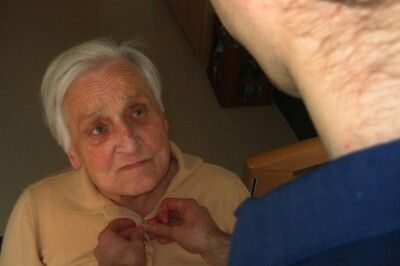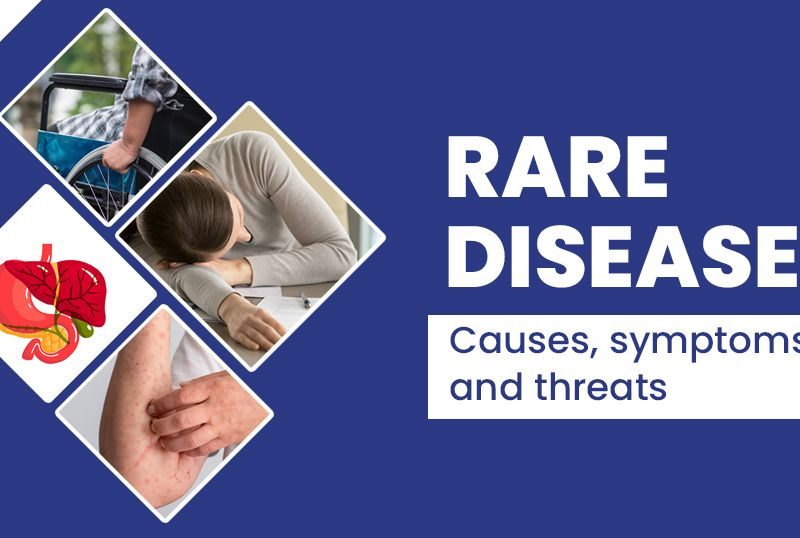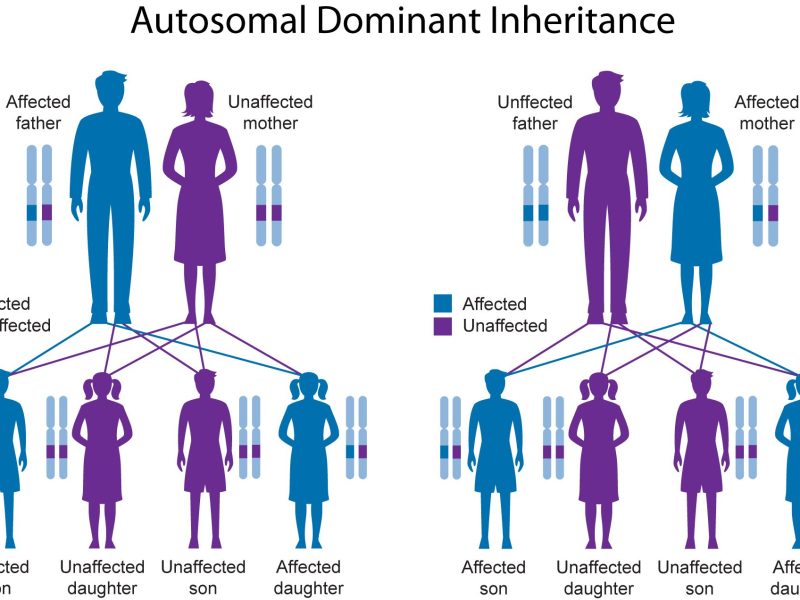Need for care: What relatives need to know
It seems as if there is a lot of talk about care and the need for care, without most people really knowing anything about it.
This always becomes a problem when you suddenly (or gradually) become the caregiver of a person in need of care.
Because relatives are often overwhelmed with the laws, specifications and options. This can have dire consequences if the person in need of care does not receive the appropriate attention and care.
But also the relatives can suffer psychologically and physically, if they impose too much on themselves. Therefore, here is some information for relatives who do not yet know exactly what their options are.
What does need of care mean?
People who need care are all those who can no longer manage their daily lives completely on their own. This means that care also includes going to the supermarket together when someone is on wobbly legs.
But it also goes so far that someone can no longer carry out personal hygiene or food intake on their own.
Thus, the range of care needs is large and not easy to describe in general terms. Behind every assessment of the need for care is a person with a life, with experiences and with a will of their own.
Nevertheless, there must of course be some orientation, which is why the legislation differentiates between five different degrees of care.
The law differentiates between the following degrees of care:
- Care degree 1: Minor restrictions in everyday life,
- Care level 2: Significant restrictions in independence,
- Care degree 3: Severe impairment of independence,
- Care degree 4: Severe impairment of independence,
- Care degree 5: Hardship cases and dementia diseases.
Support from a caregiver can be applied for as early as care level two. Private care assistance can of course be used at any time, but from care level 2, the costs are paid in full or in part.
An assessor from the medical service takes on this task and is guided by fixed criteria that need to be assessed (e.g., the person’s ability to carry out personal hygiene or food intake on his or her own).B. Mobility and self-care).
What forms of care are there??
Care can – as mentioned – come in many forms. Relatives who clean for their elderly family members, run errands for a person with disabilities, or go shopping with a chronically ill person are providing care.
Important note: In these cases, it may also be possible to apply for a subsidy. For this purpose, one should contact the health insurance company of the person in need of care.
It is more professional – and usually more pleasant for the relatives – if a caregiver comes to the family home.
In this case, placement agencies or care service providers send their staff directly to the homes of those in need of care and they then help as needed.
These services are partially covered by health insurance and may be an option for most levels of care.
In cases of hardship and dementia patients, another form of care urgently needs to be discussed, namely all-round care.
At the same time, those in need of care usually spend their lives in a special facility, surrounded by professional and medically trained staff.
What tasks can caregivers take on?
The higher the degree of care, the more everyday tasks caregivers usually take on.
A basic care is essentially there to help the care recipient with small things that they can basically still manage, but for which help is appropriate.
Carrying groceries, cleaning the windows or driving the car. Often, with increasing age or degree of illness, further activities become necessary.
Doctor’s visits must be organized, safety in the house is checked (for example, broken cables or tripping hazards), medication is supplied and personal hygiene can also be partially taken over.
At this point, many people in need of care continue to live in their own homes.
If personal hygiene, food intake and movement can no longer be managed without risk, then a referral to accommodation or 24-hour care is often necessary.
In these cases, caregivers often provide medical care as well, checking for proper medication, physical changes and emergencies.


